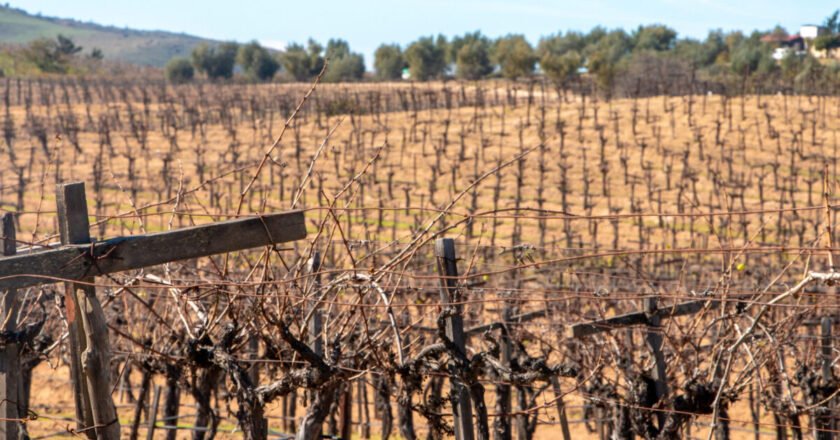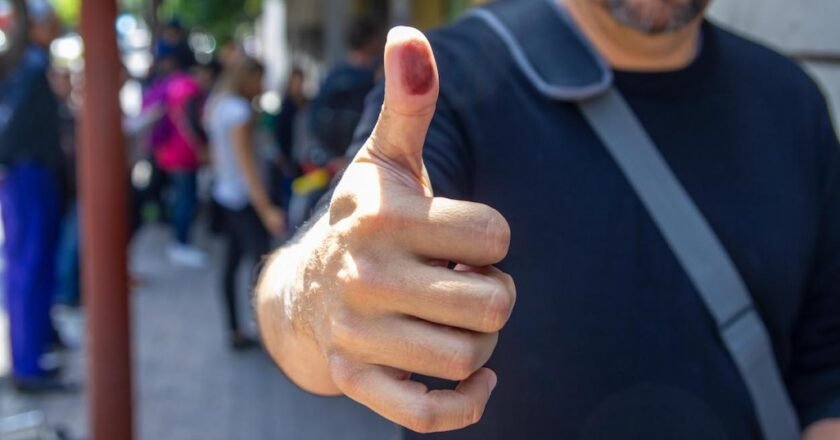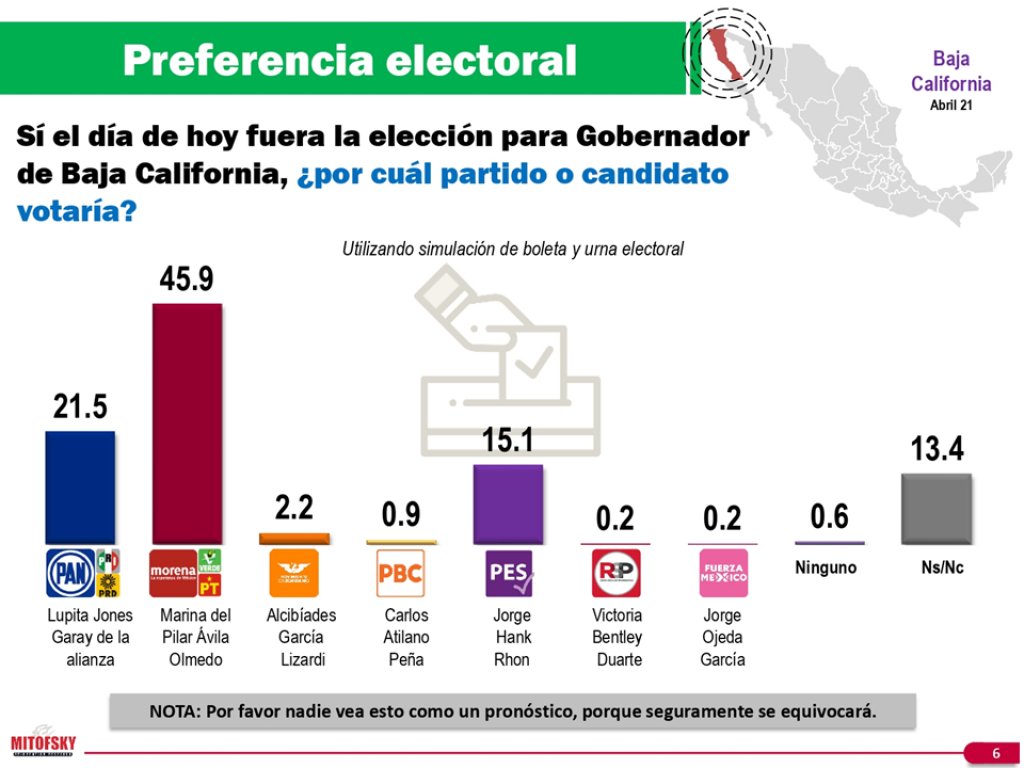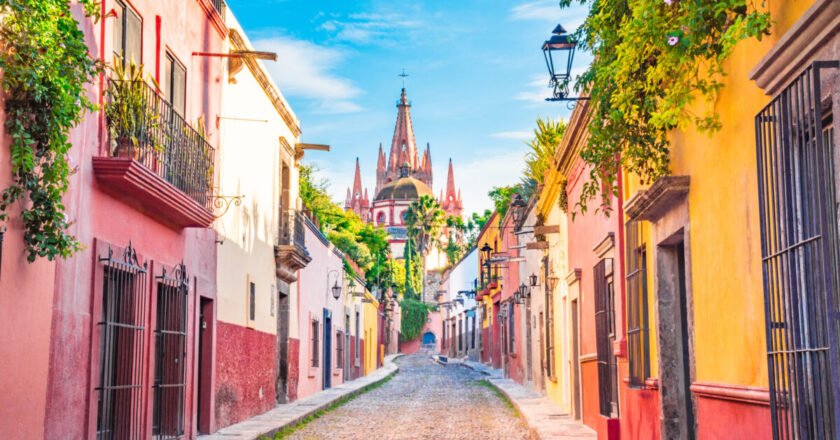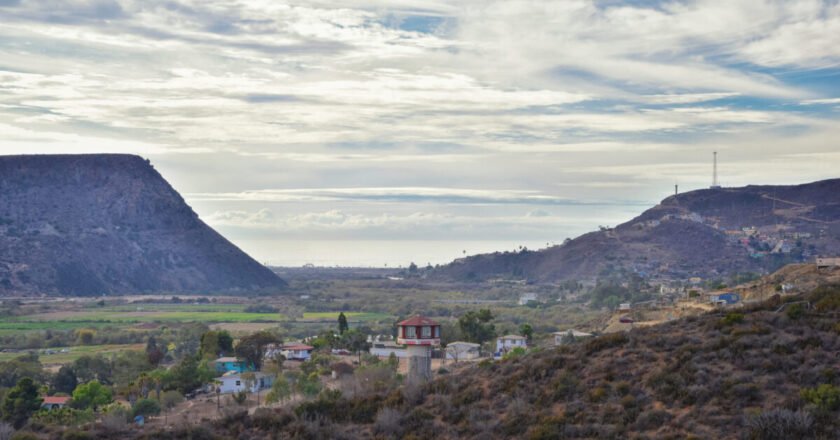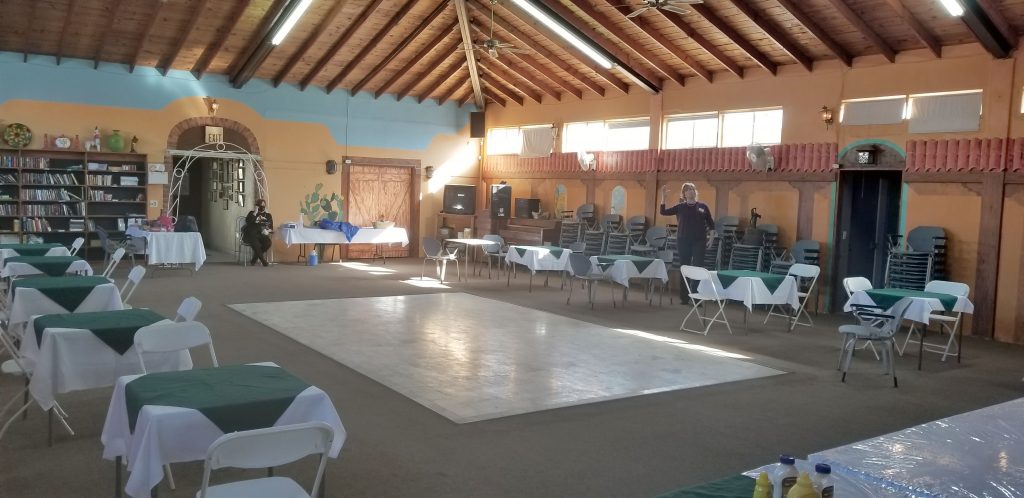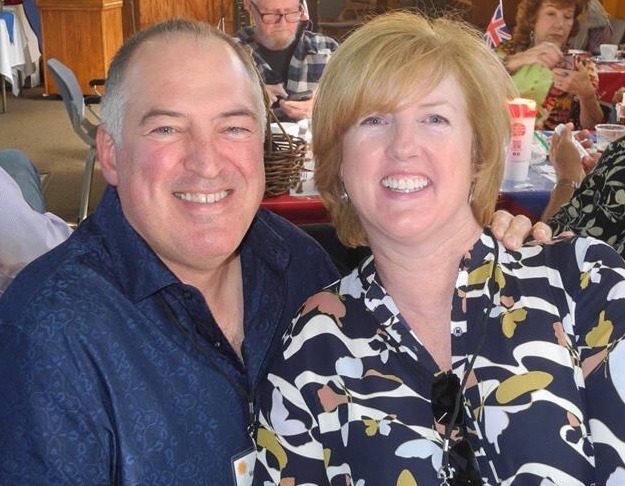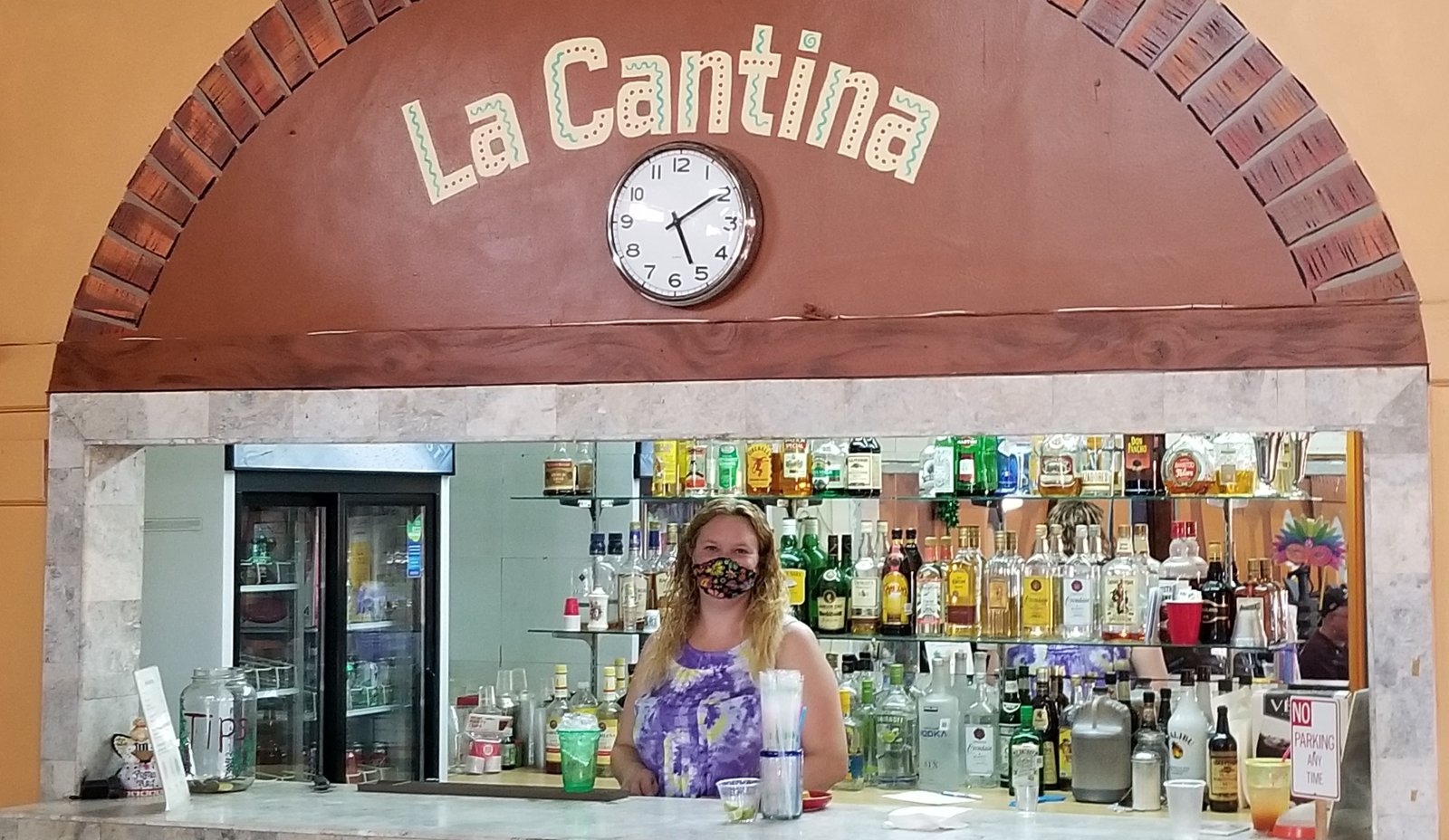Some people believe that God created the world in 6 days, and on the 7th day He rested. Resolving their beliefs (that the world is only 5,000 years old) with the reality that skeletal remains of creatures from millions of years ago continue to be excavated by geologists and other scientists is an ongoing struggle: Science vs. Faith.
Others believe that humanity has evolved slowly over centuries, hence, “evolutionists.”
People’s beliefs give them the strength to continue in their struggle to survive, to improve, to make the world a better place for all. Faith, after all, is an important factor of daily life for billions of people in every country on the planet. It provides hope where there may otherwise be despair.
There has always been the notion that human beings could live in a utopian society, where everyone is highly developed intellectually, physically strong and healthy, and spiritually centered.
The Greek philosopher Plato, 2,400 years ago, envisioned a government of philosophical wise men; unfortunately, his vision would only work if the population ruled by his “wise” men were transformed into equally intellectually superior beings.
Since then, numerous attempts to establish a “New World Order” have been made by individuals as well as coalitions of national governments.
One of the most recent and blatantly sinister attempts at making the world perfect for the “beautiful people” (i.e., privileged billionaires and their families) was an act by Betsy DeVos, appointed by Donald Trump to be his education secretary.
On her first day in office, she shut down the White House website for handicapped children. She later attempted to defund the Special Olympics, but Trump’s advisors nixed that idea as too controversial.
Former President Barack Obama, following the completion of his two terms in office, gave a speech in Berlin in which he reminded everyone that globalization is a fact of life in this century. The city of Berlin was a perfect backdrop to his message, because it was a city once divided by a wall separating blood relatives from each other because of two opposing ideologies.
He said that nuclear proliferation must cease, and in fact that nuclear weapons worldwide be abolished; that development of environmentally renewable and sustainable technologies must be encouraged; that all humanity is one family sharing a common home, regardless of race, color or creed. His message resonated with the hope that citizens of all nations work together as a family, and that only by doing so can the human race survive; the challenges facing humanity at this point in its evolution are too great for one nation, or even one coalition of nations, to resolve.
Tragically, Obama’s successor, one Donald J Trump, entered the White House following Obama’s two terms. “America first” was one of his many chants. He was racist, xenophobic, and cruel; everything he did encouraged racism and violence. Rather than uniting the USA, he caused division among the people to such a degree that friendships and marriages were adversely affected. He insulted the intelligence network of the US on the world stage. He fell in lockstep with Vladimir Putin of Russia, former KGB agent, whose predecessor had claimed, “We cannot defeat you militarily, so we will destroy you from within.”
He alienated every free country with whom the US had previously enjoyed close alliances.
Christians, Muslims, Buddhists, Jews, members of all religious faiths must recognize that with the exception of extremists and radical fundamentalists, all religions basically teach compassion, generosity, forgiveness, universal love, and respect for others.
How many times before Trump and his white supremacists had others attempted to establish a “New World Order”?
Adolph Hitler wanted to rule the world, and no one but blond-haired, blue-eyed Arayans would be allowed to survive.
Under the leadership of Josef Stalin, Winston Churchill, and Franklin Delano Roosevelt, twenty-six nations agreed in January 1942 to the initiative of establishing a United Nations Organization, which came into existence on October 24, 1945. Since its inception, the United Nations and its branches, such as the World Bank Group and the World Health Organization, have prepared the countries of the world to comply with the goals that were announced at its foundation.
Claiming that its purposes were to establish international peace and security, to develop friendly relations among nations, and to work for social progress, better living standards, and human rights for all conceals its agenda of establishing a world government with executive powers having the authority to control human development through population control.
The establishment of UNESCO (The United Nations Educational, Scientific and Cultural Organization) in 1942 made that clear.
This branch of the UN has encouraged the use of eugenics to rid the population of the world of mentally weak, physically unfit, and morally deficient people.
Since its inception, such people as the writers H.G. Wells and G.B. Shaw, US president Theodore Roosevelt, and British prime minister Winston Churchill as well as the economist Irving Fisher and the family-planning pioneers Margaret Sanger and Bill Gates Sr., the father of Bill Gates, Microsoft cofounder and head of the Bill and Melinda Gates Foundation, have supported the need to vastly reduce the quantity of human beings, and improve the quality of the race through scientific methods managed by benevolent governmental dictatorships.
In 1968, pollution, global warming, water shortages, and famines were listed as the most opportune items to be blamed on humanity with the implication that human population must be reduced in order for the human race to survive.
An initiative called the 2030 Agenda was adopted by all United Nations member states (including Mexico, which was one of the 51 founding members in 1945) in 2015. It launched its blueprint for global change, the key concept of which is “sustainable development” that includes population control as a crucial instrument.
With a worldwide pandemic raging, the stage is set for advancement of the concept popularly known as “The New World Order.” A universal vaccine, manufactured by Big Pharma and distributed by the WHO (World Health Organization), may not be as successful as vaccines usually are.
Why? Because by definition, vaccines introduce into one’s body the actual virus or disease that is being treated. The viral germs introduced are greatly weakened, and the body’s immune system immediately begins to develop antibodies to kill the virus. Then, if the individual is exposed to the virus at a later date, the immune system will already have a defense mechanism by which to kill the virus.
But Covid-19 is a rapidly mutating virus.
And much like the common flu virus, which famously mutates many times over a season, it may react to a vaccine by making the patient sick (although doctors are quick to point out that without the virus, the sickness would probably have been much worse).
Too many people are becoming lax in their observance of the most effective, safest and surest means of preventing infection by the disease in the first place: Avoiding crowds, practicing social distancing, wearing a mask, wearing gloves in public places, and washing hands frequently.
It’s getting scary out there. Please be kind and respectful of each other.



